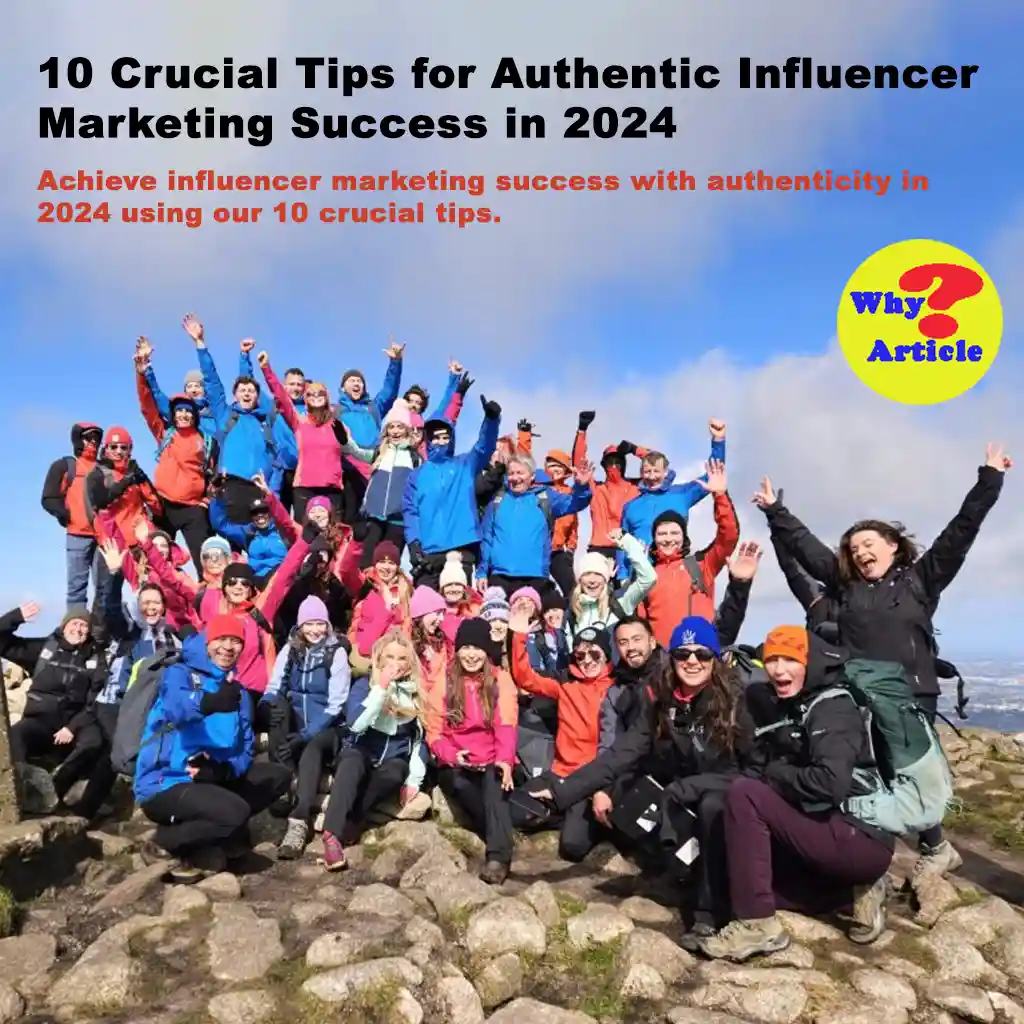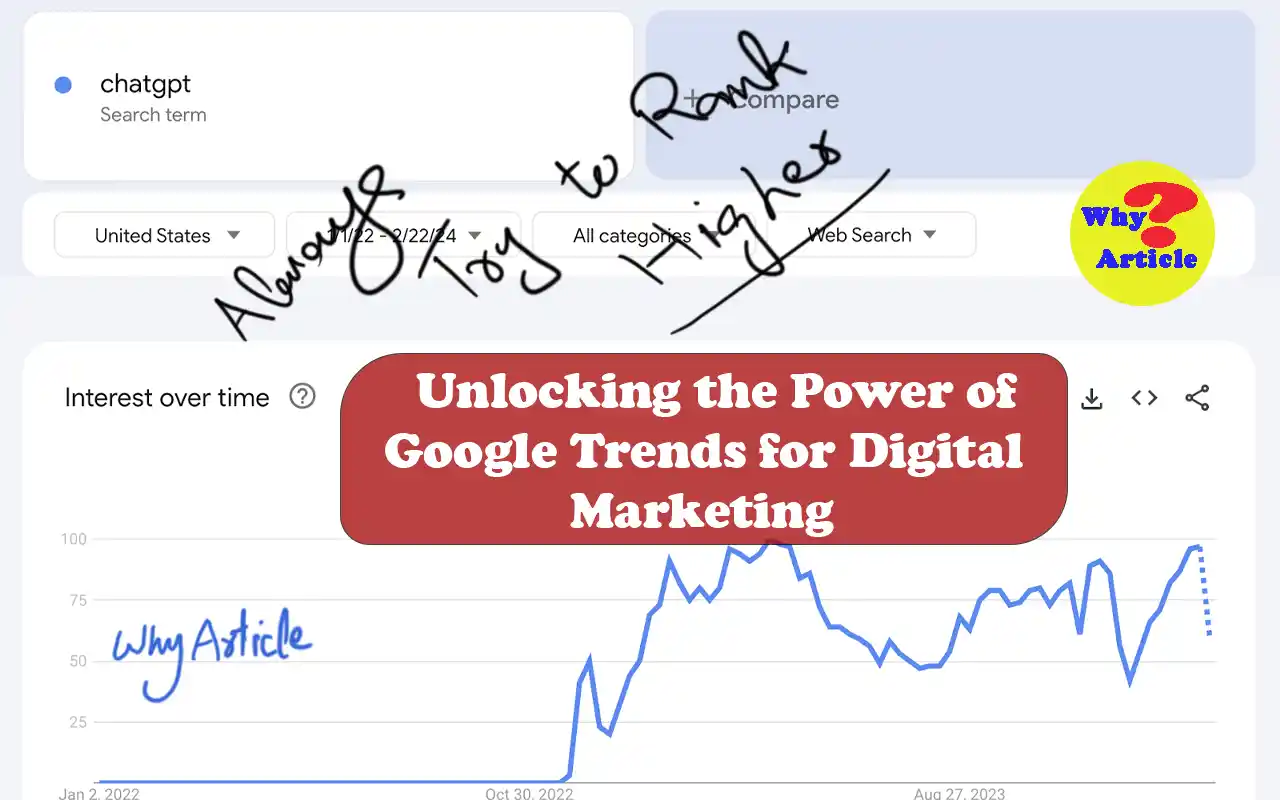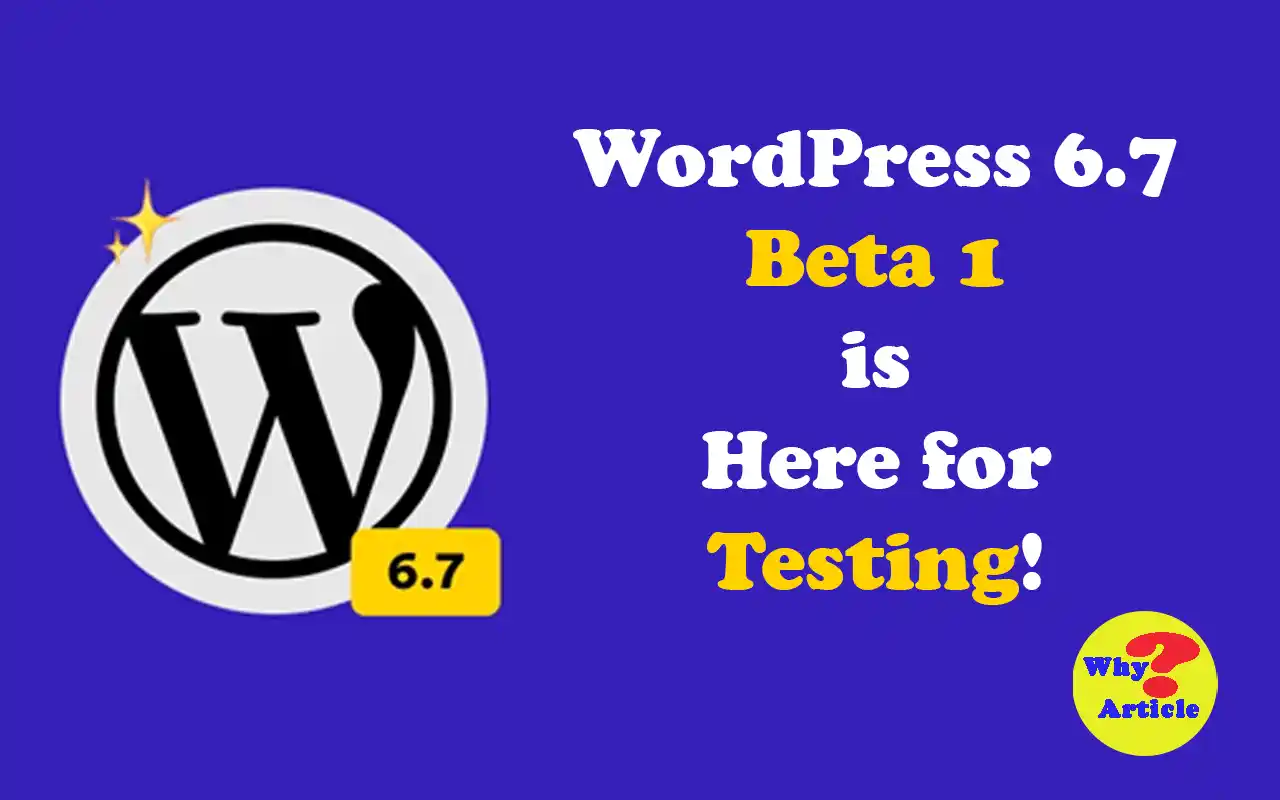Influencer marketing has grown exponentially in recent years, becoming a cornerstone of many brands’ digital strategies. However, as the landscape becomes more crowded, the importance of authenticity in influencer marketing cannot be overstated.
Authenticity is what sets apart successful campaigns from those that fall flat. It significantly impacts the trust followers place in influencers’ recommendations, and ultimately, in the brands they promote. But how do we identify and collaborate with truly authentic influencers?
This article delves into why authenticity matters in influencer marketing in 2024 and provides actionable tips for brands to find and work with genuine creators.
Why Authenticity in Influencer Marketing Matters
In the digital age, authenticity is a rare and valuable commodity. With the explosion of content creation, especially in regions like Ireland, influencers such as The 2 Johnnies and Doireann Garrihy have become household names. These influencers bridge the gap between brands and consumers, creating a new form of marketing that is both powerful and personal.
However, the risk of alienating audiences through misaligned partnerships is real. Collaborations that don’t resonate with followers can damage both the influencer’s and the brand’s reputation.
Therefore, it is crucial for brands to align with content creators who genuinely reflect their values and message.
The Art of Influencer Selection
Understanding the Importance of Authenticity
Authenticity in influencer marketing goes beyond being a mere buzzword. The average social media user is exposed to numerous ads daily and has developed a high degree of media literacy.
They can easily distinguish between genuine endorsements and those that are simply paid promotions.
When an influencer authentically loves and endorses a product, it carries real weight and resonates deeply with their followers.
Aligning Values
Selecting the right influencer requires meticulous planning and research. Both parties need to be on the same page regarding values and messages.
For instance, a fitness brand partnering with an influencer passionate about health and wellness is likely to produce authentic content that speaks directly to the audience’s interests.
On the contrary, an irrelevant collaboration can lead to a loss of audience trust and engagement.
Recognizing Genuine Users
A key indicator of a suitable influencer is their organic advocacy of your brand. When influencers have already tagged and promoted your product without sponsorship, it showcases their genuine interest and approval.
This kind of organic advocacy is invaluable, as it suggests a natural fit that is likely to result in high engagement and positive brand perception.
The Pitfalls of Inauthentic Collaborations
A study by the Advertising Standards Authority (ASA) revealed that only 10% of Irish people trust social media influencers, while 62% believe influencers post too much sponsored content. Furthermore, 56% of Irish consumers trust brand advertisements more than influencer posts.
These statistics highlight the need for brands to conduct thorough due diligence when selecting influencers. Forced or purely transactional partnerships are easily spotted and can be detrimental to both parties, leading to low engagement and loss of trust.
Strategies for Authentic Influencer Marketing
Vet Potential Influencers Rigorously
Before partnering with an influencer, conduct a thorough background check.
Evaluate their engagement rates, follower types, and the nature of comments on their posts to gauge their authentic engagement with their audience.
Prioritize continuity and genuine interaction over flashy metrics like follower count.
Build Long-Term Partnerships
One-off campaigns can be effective, but they often come across as transactional.
Building long-term partnerships with influencers fosters deeper connections and sustained trust with their audience.
ulti-campaign collaborations allow for more authentic storytelling and a stronger bond between the brand and the influencer.
Spotlight Nano and Micro-Influencers
Nano and micro-influencers typically have smaller, more targeted, and highly engaged communities. Their concentrated reach can lead to deeper connections and more impactful endorsements.
Don’t underestimate their value; their influence within niche markets can be substantial.
Trust the Creator’s Vision
Influencers know their audience best. Trust them to create content in their authentic style.
Collaborative efforts where the influencer has creative freedom often result in more meaningful and engaging content.
It’s a win-win situation for both the influencer and the brand.
Conclusion
Authenticity in influencer marketing is not just a trend but a necessity. In 2024, the brands that will succeed are those that prioritize genuine connections and value alignment with their influencers.
By rigorously vetting potential partners, building long-term relationships, and trusting influencers’ creative visions, brands can create impactful, authentic campaigns that resonate with audiences and build lasting trust.
Authenticity builds trust between the influencer, their followers, and the brand. Genuine endorsements are more likely to resonate with audiences, leading to higher engagement and brand loyalty.
Brands can identify authentic influencers by looking for organic advocacy, evaluating engagement rates, and ensuring value alignment between the brand and the influencer.
Inauthentic collaborations can lead to a loss of trust, low engagement, and damage to both the influencer’s and the brand’s reputation.
Long-term partnerships allow for more authentic storytelling, deeper connections, and sustained trust between the brand and the influencer’s audience.
Nano and micro-influencers often have highly engaged, niche communities. Their endorsements can be more impactful due to the strong connections they have with their audience.




